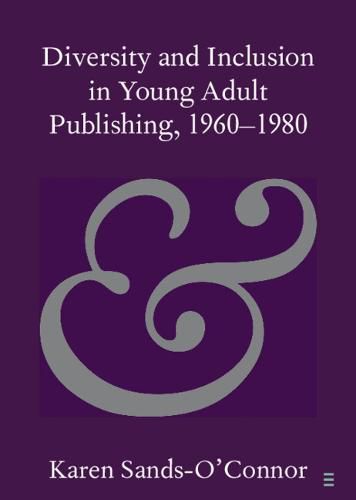Readings Newsletter
Become a Readings Member to make your shopping experience even easier.
Sign in or sign up for free!
You’re not far away from qualifying for FREE standard shipping within Australia
You’ve qualified for FREE standard shipping within Australia
The cart is loading…






This Element examines the early years of British Young Adult (YA) publishing at three strategic publishing houses: Penguin, Heinemann and Macmillan. Specifically, it discusses their YA imprints (Penguin Peacocks, Heinemann New Windmills and Macmillan Topliners), all created at a time when the population of Britain was changing and becoming more diverse. Migration of colonial and former colonial subjects from the Caribbean, India, and Africa contributed to a change in the ethnic makeup of Britain, especially in major urban centres such as London, Birmingham and Manchester. While publishing has typically been seen as slow to respond to societal changes in children’s literature, all three of these Young Adult imprints attempted to address and include Black British and British Asian readers and characters in their books; ultimately, however, their focus remained on white readers’ concerns.
$9.00 standard shipping within Australia
FREE standard shipping within Australia for orders over $100.00
Express & International shipping calculated at checkout
This Element examines the early years of British Young Adult (YA) publishing at three strategic publishing houses: Penguin, Heinemann and Macmillan. Specifically, it discusses their YA imprints (Penguin Peacocks, Heinemann New Windmills and Macmillan Topliners), all created at a time when the population of Britain was changing and becoming more diverse. Migration of colonial and former colonial subjects from the Caribbean, India, and Africa contributed to a change in the ethnic makeup of Britain, especially in major urban centres such as London, Birmingham and Manchester. While publishing has typically been seen as slow to respond to societal changes in children’s literature, all three of these Young Adult imprints attempted to address and include Black British and British Asian readers and characters in their books; ultimately, however, their focus remained on white readers’ concerns.